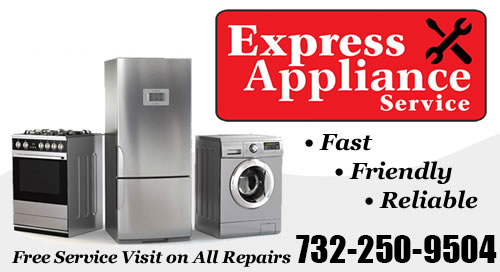Refrigerators are made to last. However, if you don’t take care of them properly, you may be looking for a new one much sooner than you’d like. Just like any other appliance, your fridge needs care and occasional maintenance to keep it going. Here are some tips to prolong the life of your fridge.
Replace the Rubber Seal on the Door
When the seal on your fridge’s door wears down, cold air can escape. Over time, this can mess with the internal temperature. The gasket also gets brittle over time, and the fit can get a little uneven. Replace the seals and gaskets around every year to get the most extended life out of your fridge.
Keep the Heat Away
Other kitchen appliances like ovens and dishwashers could cause your refrigerator’s compressor to work in overdrive. The extra heat will make your fridge spend lots more energy cooling itself down and could shorten its overall lifespan. It’s also best to avoid direct sunlight on your fridge.
Clean the Condenser Coils
The condenser coils in the back of your refrigerator can get very dusty and dirty over time. If they get too dusty, it can prevent them from working correctly. Clean your coils every 3-6 months to keep your fridge working properly.
Create Good Fridge Use Habits
If everyone in your household is mindful of how they use your fridge, you can prolong its life. Make sure you’re minimizing the amount and length of time the fridge doors are open. Also, never overstuff your shelves. This could cause the fridge to work overtime.
Another way to prolong the life of your fridge is to call a repair company at the first sign of a problem. Express Appliance Repair is here for all your home appliance needs!

